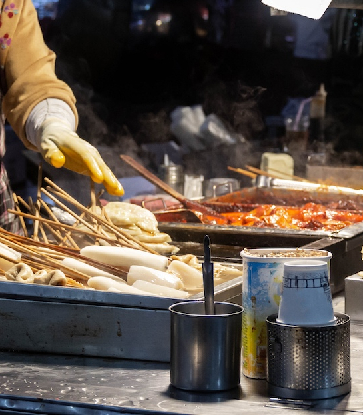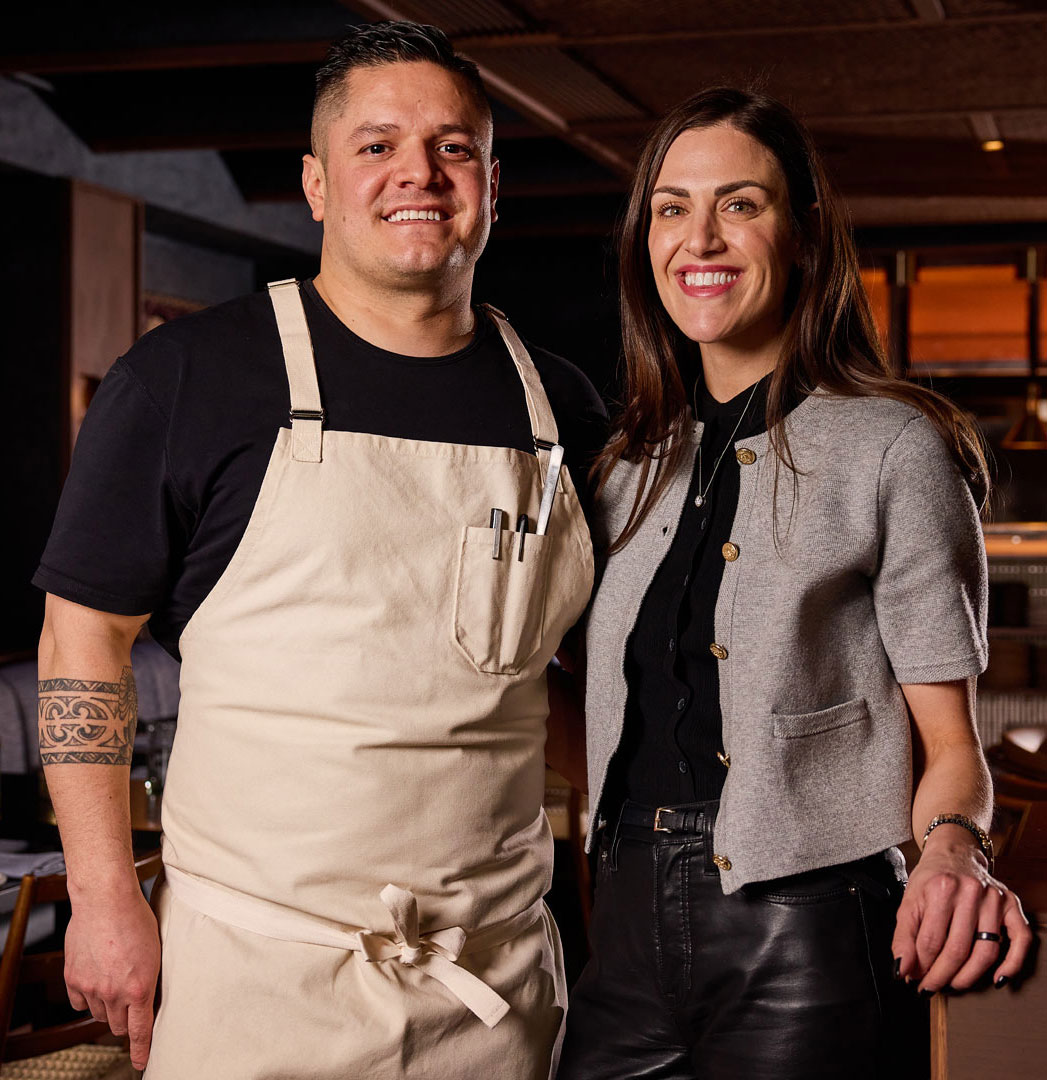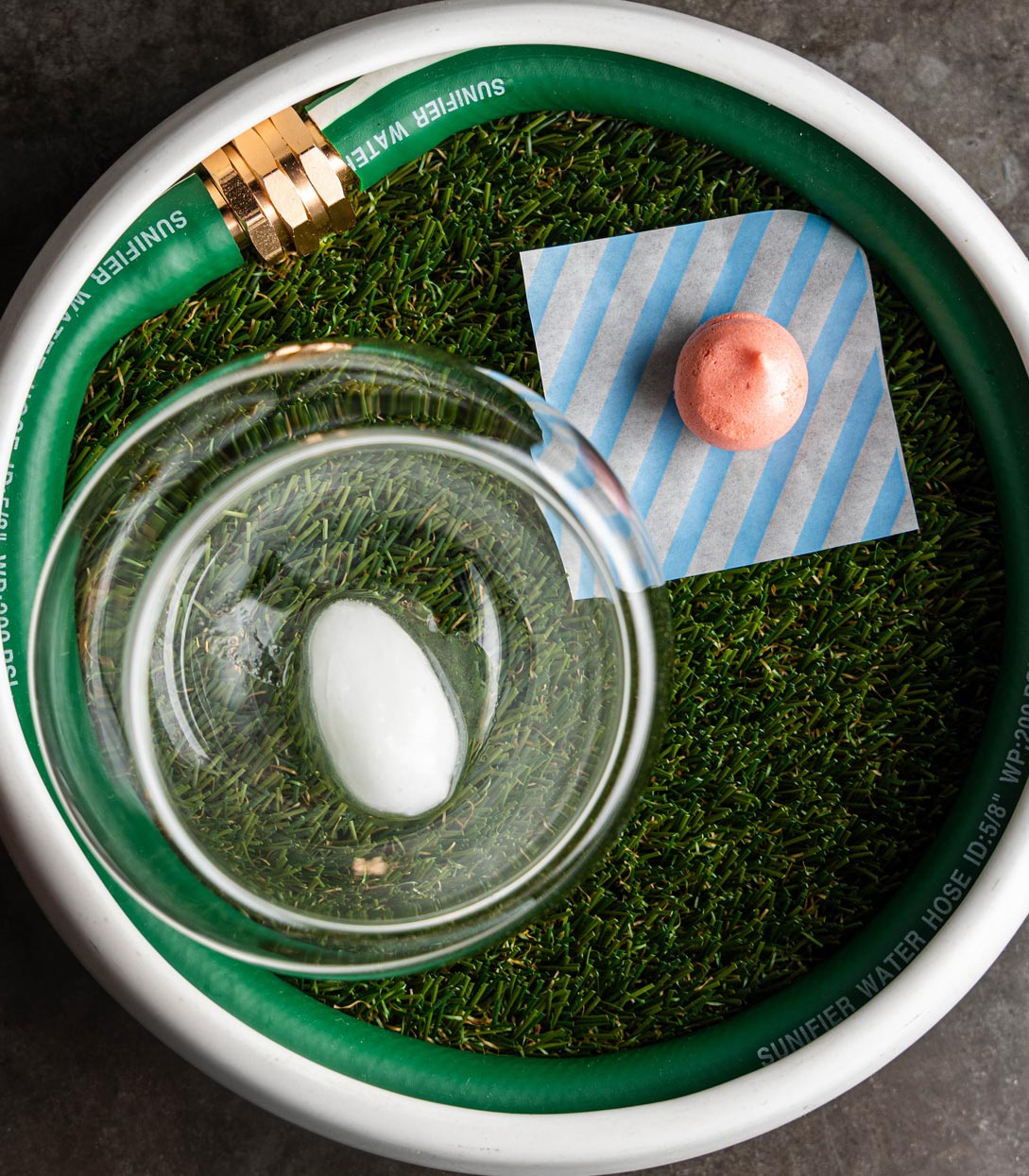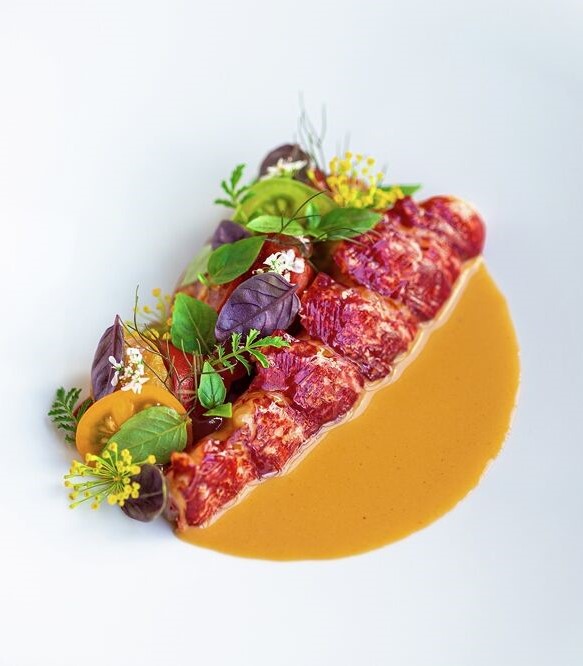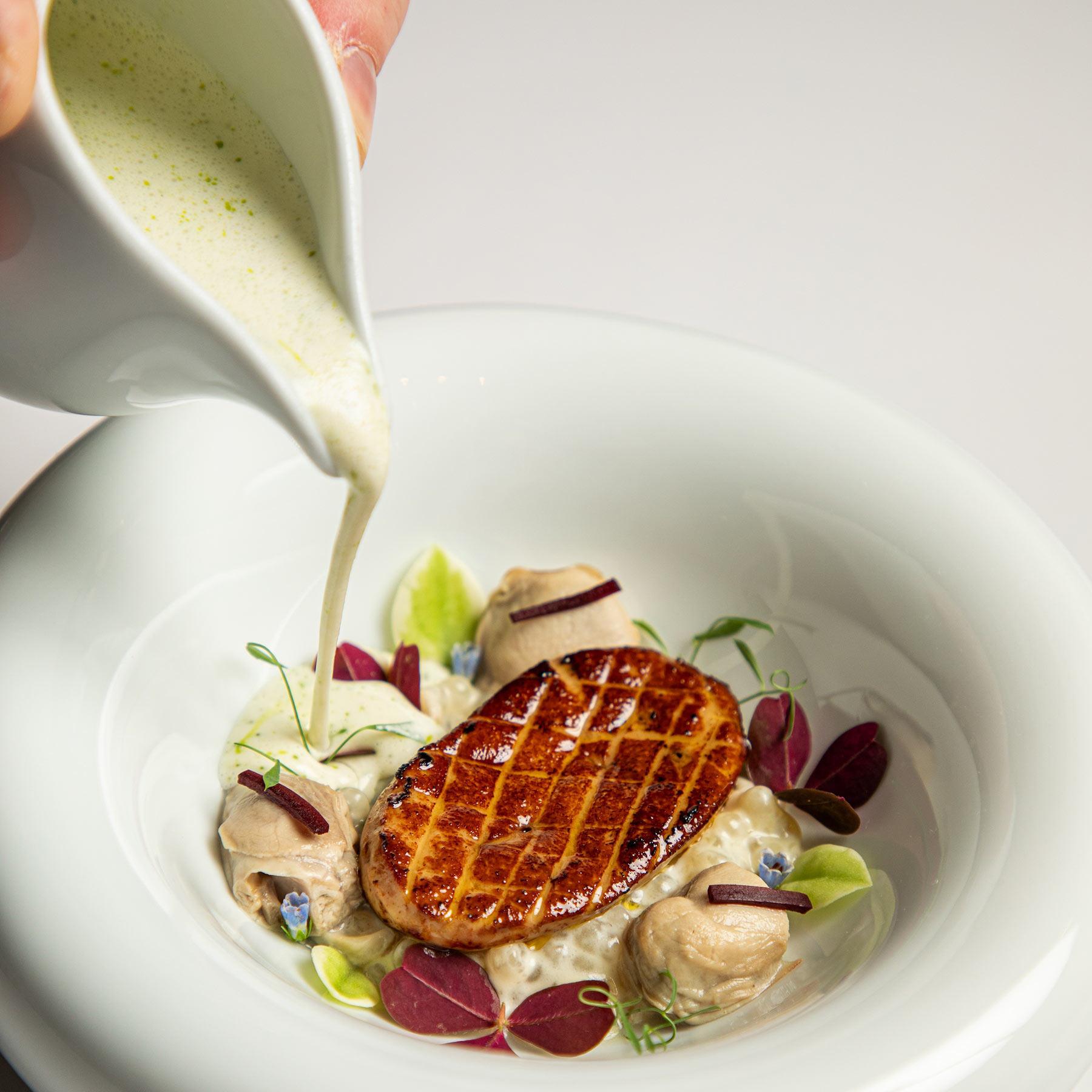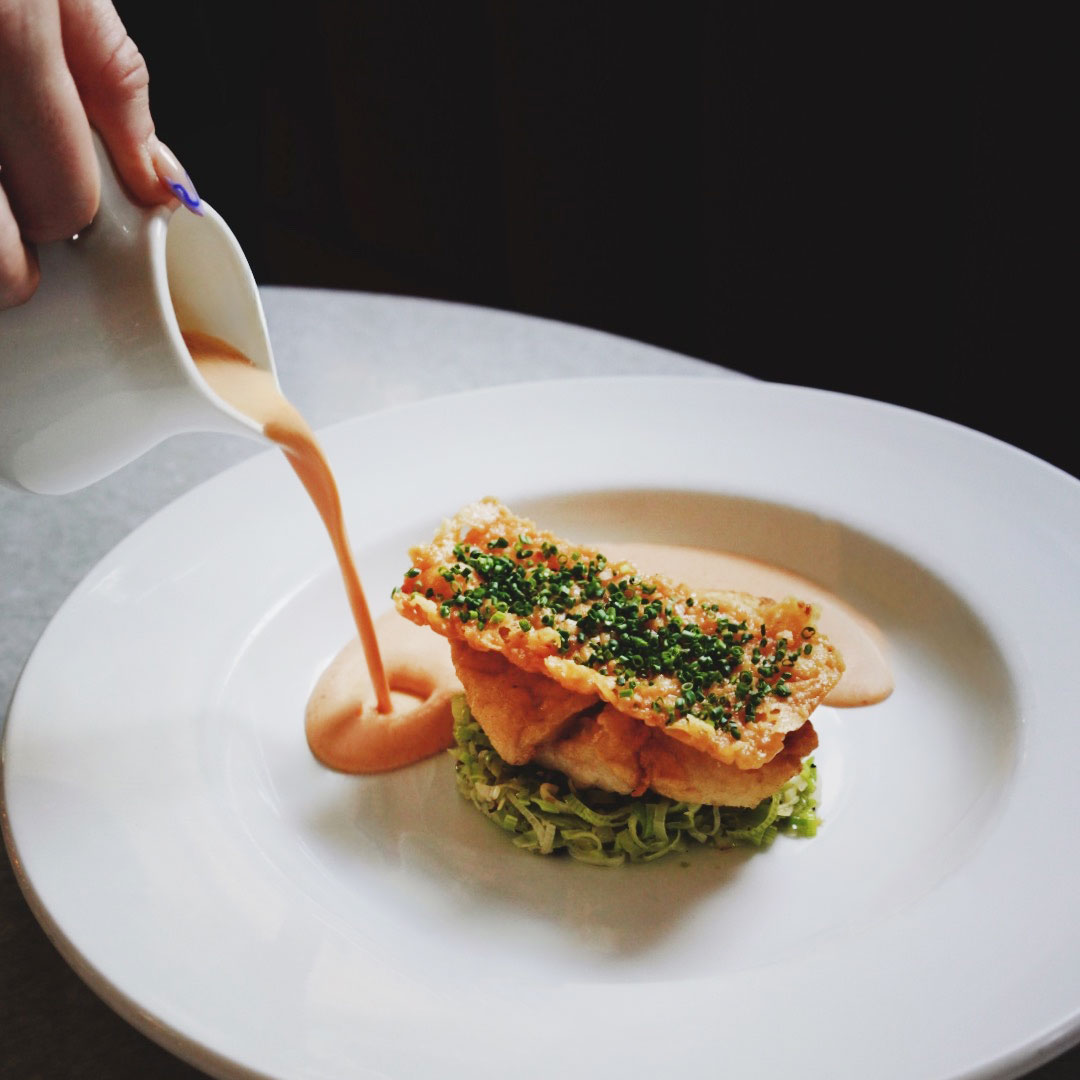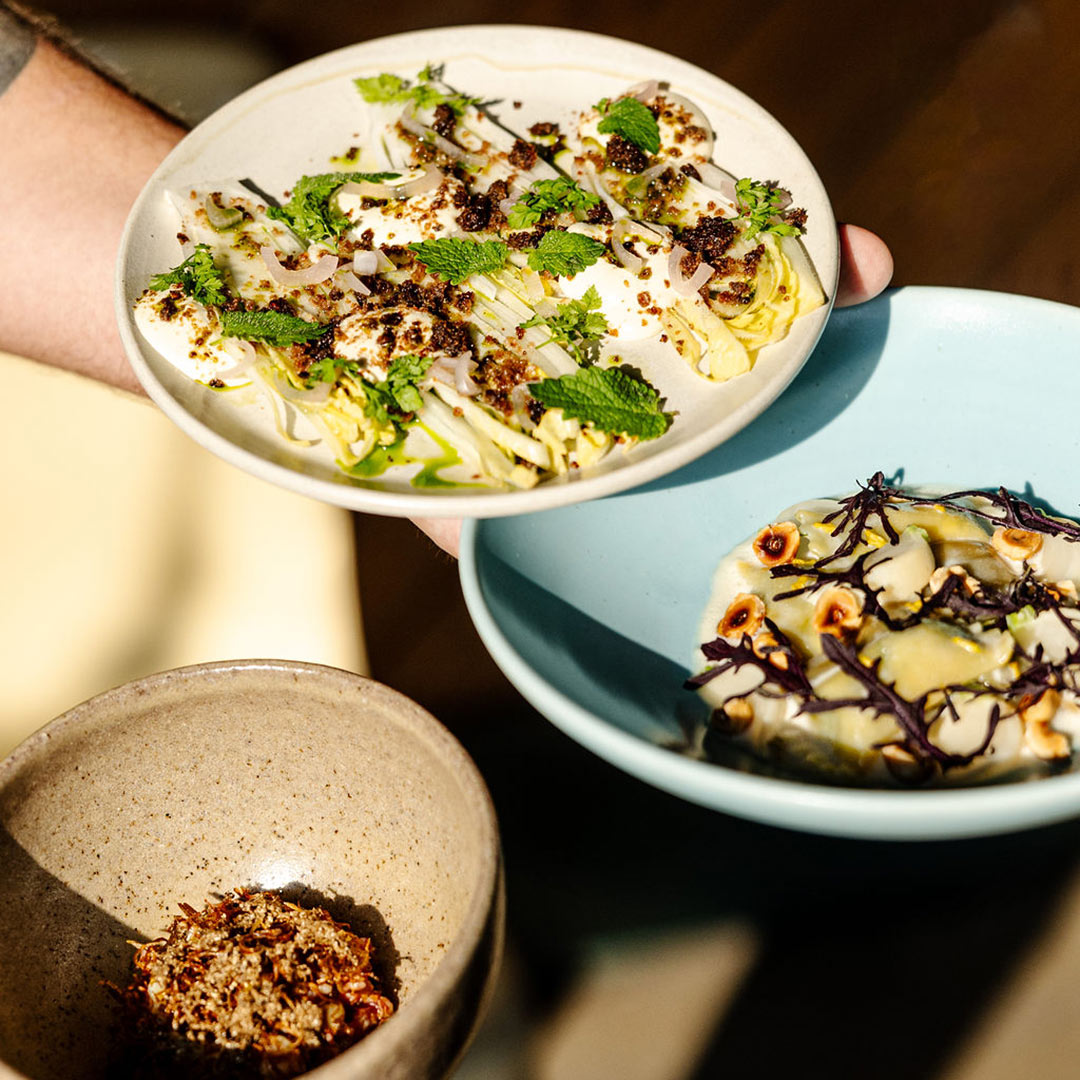In Harlem, food is never just food. It is history plated, tradition simmered, a legacy served hot and buttered. In a neighborhood where gentrification has transformed once-familiar corners, where old haunts give way to shiny new arrivals, a few places remain that don’t just feed the stomach but nourish the soul. Melba’s and Miss Mamie’s Spoonbread Too, owned by Melba Wilson and Norma Jean Darden, respectively, are two of Harlem’s most beloved Black-owned soul food institutions. They are keepers of the flame, ensuring that the legacy of Harlem’s culinary past remains more than a memory, that it thrives, forkful by forkful, into the present.
There are places that serve food, and there are places that offer something more—an extension of home, a meeting ground, a stage for the quiet and the grand moments of daily life. Walk into Melba’s on a Sunday evening, and you may find yourself swept up in a spontaneous chorus of Stevie Wonder’s “Happy Birthday” for a stranger at the next table. Stop by Miss Mamie’s, and you’ll see neighbors catching up over plates of oxtails and cornbread, their conversation warm as the peach cobbler cooling on the counter. This is Harlem soul food: steadfast, rooted, generous. And in the hands of Wilson and Darden, it remains not just a relic of the past but an evolving testament to the present.
Chef Melba Wilson, owner of the beloved Melba’s, knows exactly when her restaurant became part of Harlem’s cultural fabric: “If you know, you just know. I was born, bred, and buttered in the village of Harlem. We’ve been here for 20 years, a consistent presence,” she reflects. “You’re part of the fabric of a community when your presence is valued, when you’re woven into its shared experiences.”
For Miss Mamie’s Spoonbread Too, the moment came when its owner, Norma Jean Darden—a former Wilhelmina model turned restaurateur—was asked to cater a celebration for Nelson Mandela. “Meeting his wife, Winnie Mandela, made me realize how much our food connects us to something greater,” she says.
Both restaurants echo a sentiment: soul food is a love language, a tradition of resilience. “Imagine a grandmother stirring a pot of cheesy, buttery grits, laughter filling the kitchen. An auntie flipping golden cornbread, sharing stories of resilience with every bite,” says Wilson. “Soul food isn’t just a staple—it’s love, a testament to those whose shoulders we stand on.”

Darden highlights the ingenuity of past generations: “Our ancestors had so little and yet produced meals for large families, three times a day, with love and joy,” she says. “My family of 13 had to make every bite nutritious and delicious.” The restaurant’s namesake dish, spoonbread—a simple yet cherished blend of cornmeal, eggs, butter, and milk—remains a staple.
The magic of these spaces extends beyond the food. “It’s the mother and daughter reconnecting over a bowl of mac and cheese, two old friends clinking glasses, strangers becoming kin over a shared table,” Wilson describes. “And then, suddenly, the entire restaurant erupts into a soulful rendition of Stevie Wonder’s ‘Happy Birthday.’”
At Miss Mamie’s, an unforgettable moment for Darden came when Bill Clinton visited to discuss support for Harlem’s minority-owned businesses. “He introduced us to companies, launching initiatives that helped us thrive,” she recalls.

As Harlem changes, so does its food scene. Wilson believes soul food will always have a place: “Rooted in resilience and resourcefulness, it tells the story of generations who created comfort from humble ingredients. Harlem may change, but soul food is a constant.”
Darden sees a shift toward healthier Southern cuisine. “People want the flavors without the guilt. We use herbs and spices instead of salt, smoked turkey instead of pork,” she says. “Our sampler plate surprises people—they get a taste of everything, but it’s lighter than expected.”
Looking ahead, both restaurateurs see soul food continuing to influence modern dining. “People want comfort food that feels good and is good for them,” Darden explains. “We’ve always cooked with that in mind.”

For those wanting to experience the soul of Harlem, beyond Melba’s and Miss Mamie’s, walking tours of the neighborhood offer an immersive culinary journey. “It’s not just about the food; it’s about the stories, the culture, the people who keep it alive,” Wilson says.
As Harlem continues to evolve, its food remains an anchor. And at Melba’s and Miss Mamie’s Spoonbread Too, every dish tells a story, every meal is a legacy, and every bite is a taste of home.

Hero image collage: Modeling pic - Norma Jean Darden of Miss Mamie's Spoonbread Too & Melba Wilson of Melba's Restaurant





